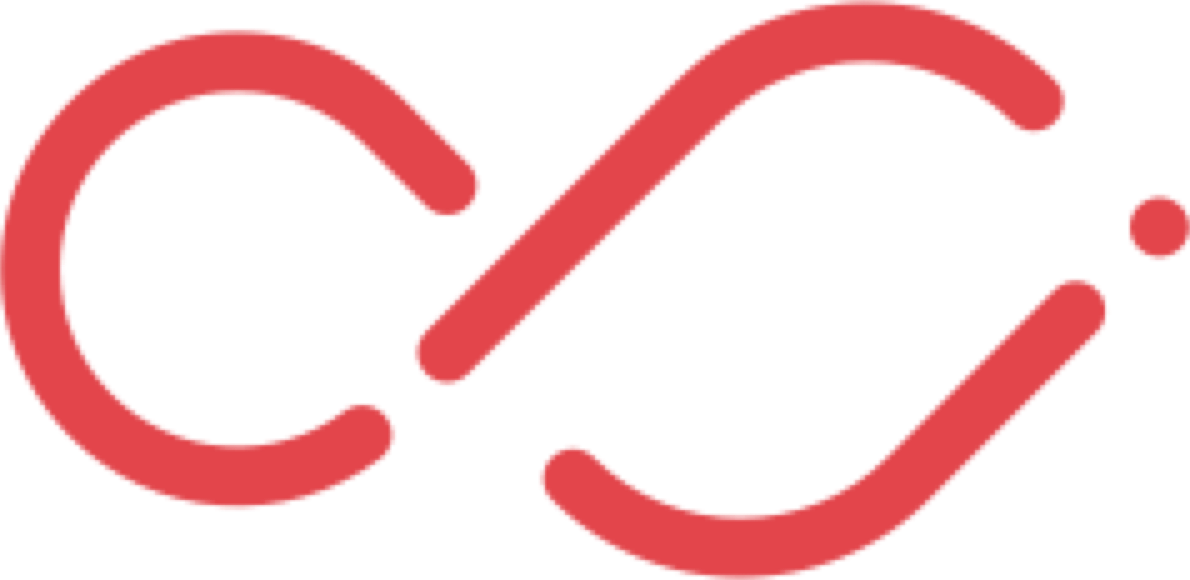Our Approach
At the Digital Justice Lab, we see our work as a feedback loop between three pillars. These pillars guide us in our work from programming to research. We believe there is a process to how we can build towards a more equitable future here in Canada. It is important that we connect with a larger audience around the impact of technology, that we build capacity with civil society and government partners and build out policy change. Each pillar builds upon one another in a collaborative way for example how an individual connects to technology could impact the way a service provider builds out tools. These pillars provide different access points for people to engage with digital issues here in Canada:
Engage
We engage and collaborate with communities through public knowledge campaigns and projects. We strive to produce content that is accessible and relatable to the larger public. It is important to build content and resources that are culturally relevant to diverse communities across the country from digital security to internet access, and we believe public engagement is a vital aspect to building knowledge capacity around the impact of technology in our everyday life. Engaging the broader public allows for more diverse perspectives around the impact of technology– especially people living within the margins.
Collaborate
We build the knowledge capacity of nonprofits, governments and grassroots organizations to navigate digital issues through training, strategy building and collective impact. We believe in building technology capacity with non-profits, governments and other partners to ensure equity and justice is an integral way we think about digital transformation and digital issues that appear in our work. Technology capacity can look like a variety of things based on the organization an example could be internal technology capacity issues such as picking a secure web hosting company to building out a digital program for youth participants. We recognize that ever changing digital landscape has direct impacts on organizations across the country, we strive to collaborate and in many ways be the translator. Our role as a translator means providing support and translating issues, and how it impacts an organization in an accessible way.
Build
We collaborate with communities to engage in policy and legal intervention around digital issues. We believe in engaging a more diverse community in how we think about and consider policy and legal intervention around digital issues. As the digital issues that continue to arise impact marginalized communities across the country, it is important that we create processes that allow for a collaborative policy making approach. From digital transformation to issues around privacy, it is integral that people living within the margins are not only represented but have power in shaping policy and legal intervention.
Funding
Our approach to funding varies from consulting to grants. Currently we have a grant from the Mozilla Foundation that supports our public facing work.
The Digital Rights Community Grant co-hosted with Tech Reset Canada was supported by the Centre for Digital Rights. We played the role of a facilitator and program designer.



